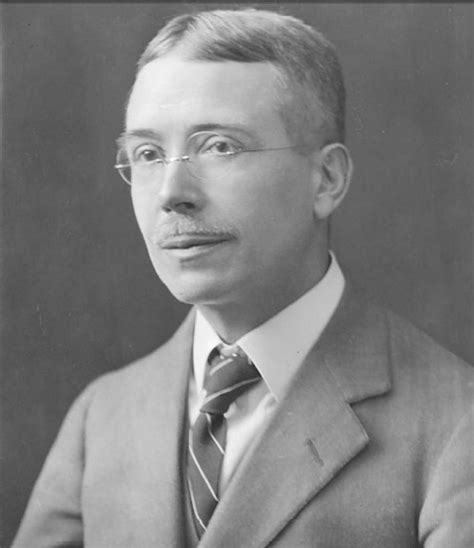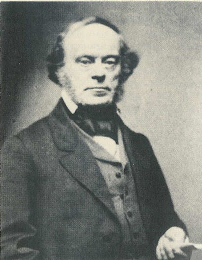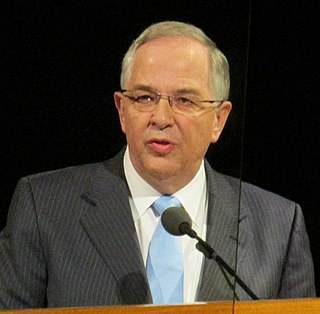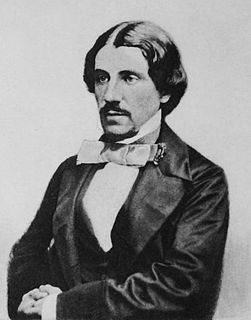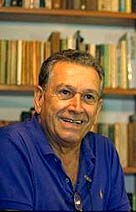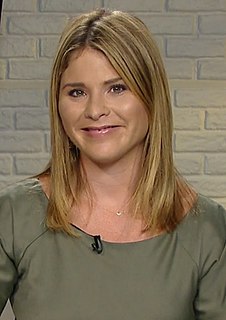Цитата Генри Миллера
Каждый день, когда нам не удается реализовать максимум наших возможностей, мы убиваем Шекспира, Данте, Гомера, Христа, который в нас.
Связанные цитаты
Чтение самых лучших писателей — скажем, Гомера, Данте, Шекспира, Толстого — не сделает нас лучшими гражданами. Искусство совершенно бесполезно, по словам великого Оскара Уайльда, который был прав во всем. Он также сказал нам, что все плохие стихи искренни. Если бы у меня была возможность сделать это, я бы приказал выгравировать эти слова над каждыми воротами в каждом университете, чтобы каждый студент мог поразмыслить над великолепием прозрения.
Братья мои, позвольте мне сказать, будьте во все времена подобны Христу. Подражайте ему на публике. Большинство из нас живет в той или иной степени на общественных должностях — многие из нас призваны работать перед своими собратьями каждый день. За нами наблюдают; наши слова пойманы; наша жизнь исследуется - разбирается на части. Зоркий и зоркий мир наблюдает за всем, что мы делаем, и подвергает нас резкой критике. Давайте жить жизнью Христа публично. Позаботимся о том, чтобы являть нашего Учителя, а не самих себя, чтобы мы могли сказать: «Уже не я живу, но живет во мне Христос».
Каждый художник связан с ошибкой, с которой у него особое интимное отношение. Есть ошибка Гомера, Шекспира, которая, быть может, для обоих состоит в том, что они не существуют. Всякое искусство берет свое начало из исключительной ошибки, всякое произведение есть воплощение этой изначальной ошибки, из которой приходит к нам новый свет и рискованная концепция полноты.
Все, что страдает и умирает вместо нас, есть Христос; если бы они не убивали птиц и рыб, они бы убили нас. Животные умирают, чтобы мы могли жить, они замещающие люди, охотники при падении, убивающие оленя, то есть также Христос. И мы едим их из консервных банок или как-то иначе; мы пожиратели смерти, мертвая плоть Христа, воскресающая внутри нас, дарующая нам жизнь. Консервированный спам, консервированный Иисус, даже растения должны быть Христовыми.
Я свидетельствую, что Иисус Христос — Спаситель мира. Он пострадал и умер за наши грехи и воскрес на третий день. Он воскрес. В грядущий день каждое колено преклонится и каждый язык исповедует, что Он есть Христос. В тот день наша забота не будет заключаться в том, «Считают ли меня другие христианином?» В это время наши взоры будут устремлены на Него, а наши души будут прикованы к вопросу: «Что думает обо мне Христос?»
Не Шекспир. В колледже я брал уроки Шекспира, потому что специализировался на английском языке, и у них была летняя программа под названием «Шекспир в Уайндейле», которая проходила в Германской горной местности в Техасе, где ты выходишь и живешь два месяца, а потом выступаешь три. играет в конце этого времени.
Есть только одна причина. У вас есть только одно «почему», и ваше «почему» полностью формируется к тому времени, когда вам исполняется 17, 18 или 19 лет, а может быть, и раньше. Остальная часть вашей жизни — это просто возможности жить в равновесии или вне его, и выбор карьеры, который мы делаем, и решения, которые мы принимаем в своей жизни, либо приводят нас в равновесие с нашим «почему», что делает нас счастливыми, удовлетворенными и вдохновленными. Или это выводит нас из нашего «почему», что делает нас разочарованными, напряженными, а иногда и терпит неудачу.








